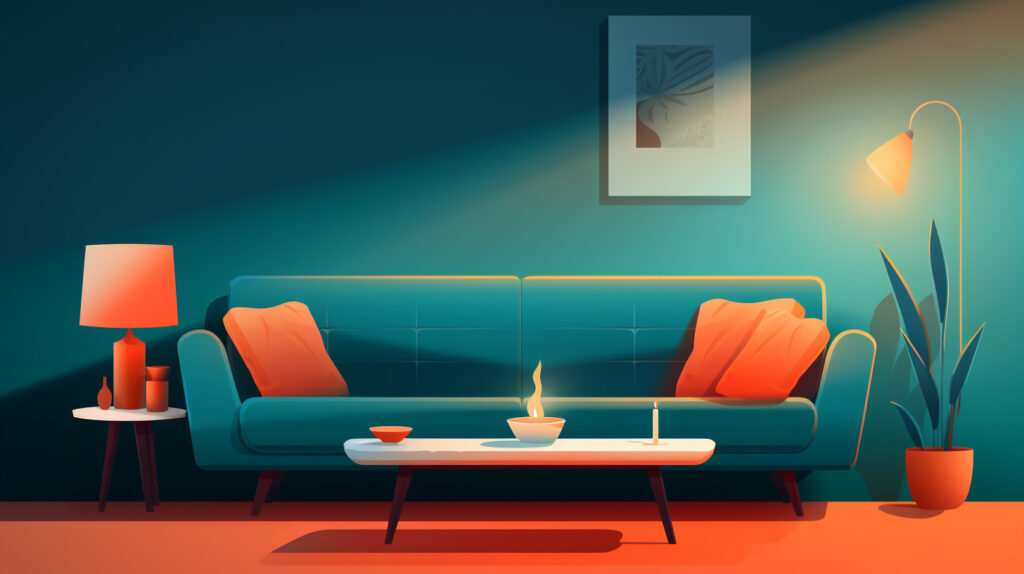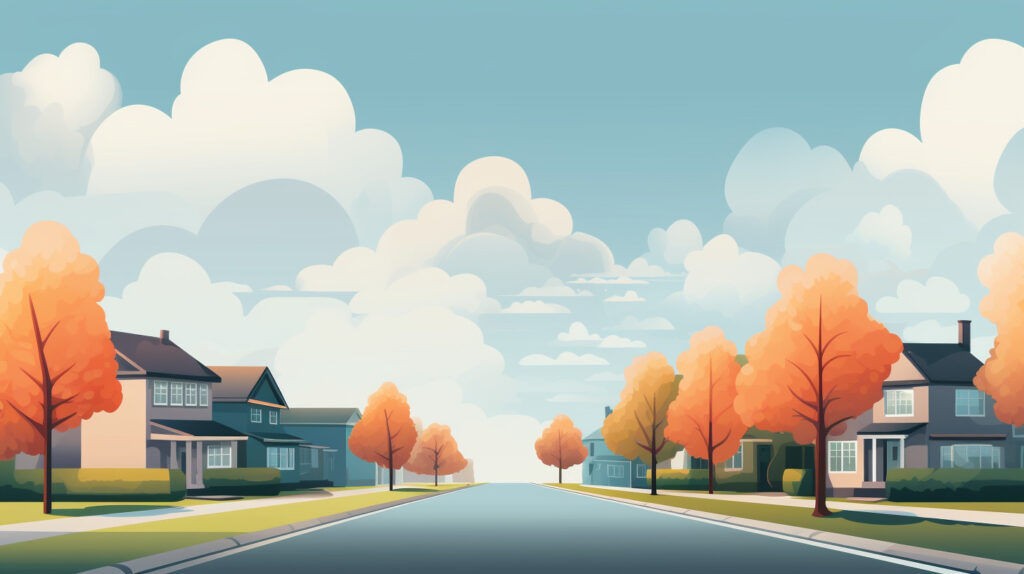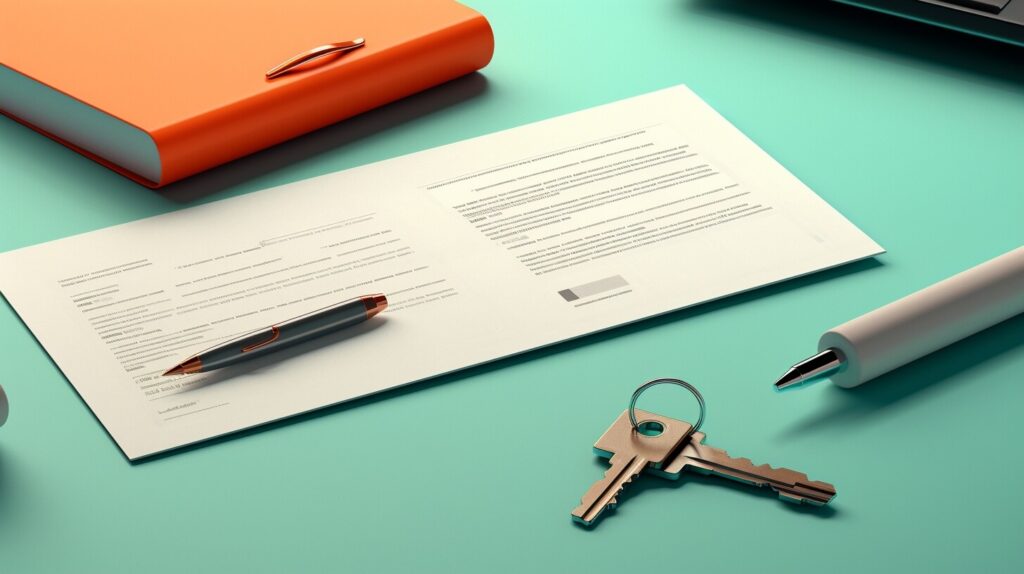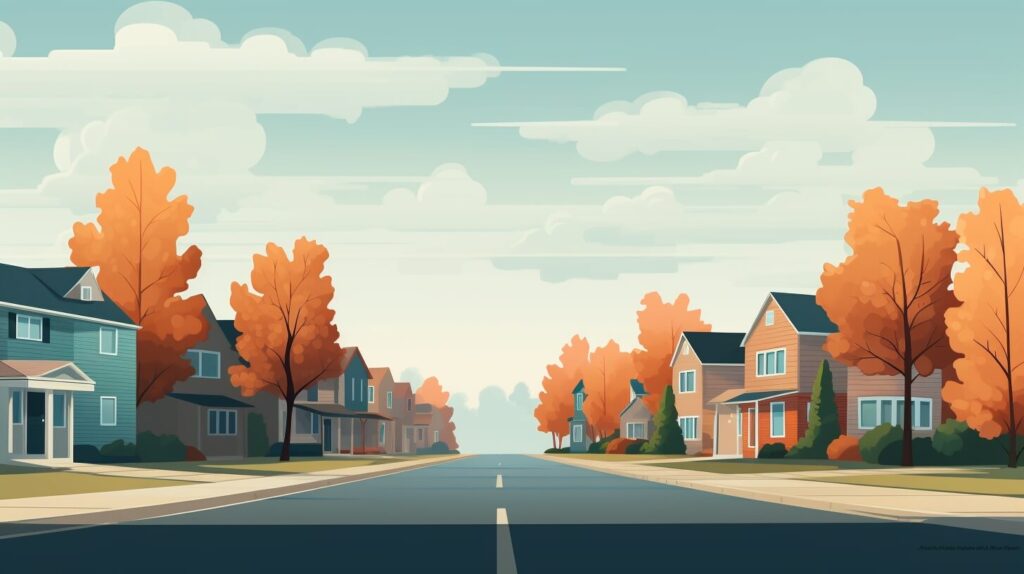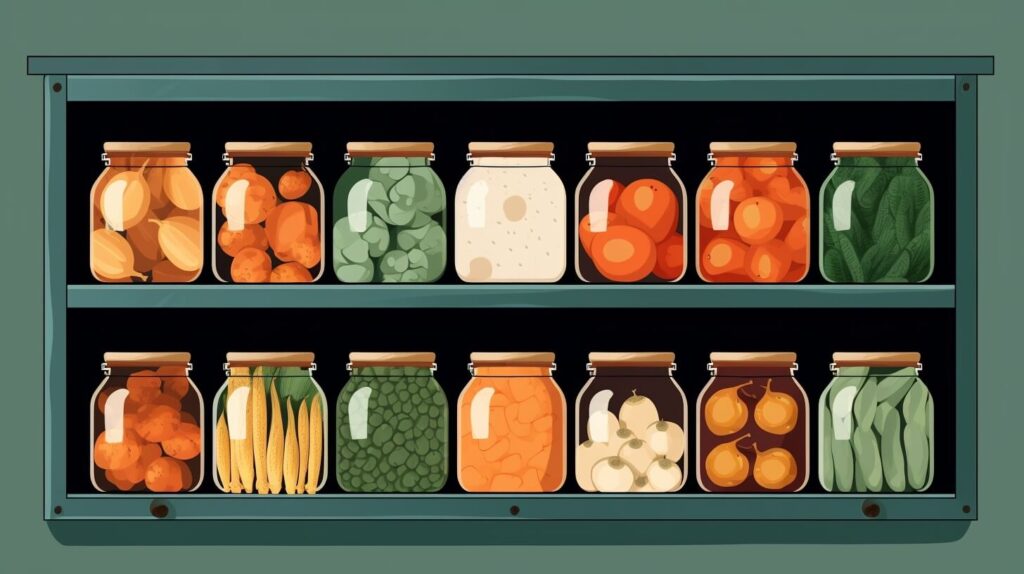
We are reader-supported. When you buy through links on our site, we may earn an affiliate commission.
A study from the U.S. Census Bureau has revealed a fascinating trend in the housing market. Homes are getting bigger, and not by an insignificant margin. Between 1983 and 2013, the average home in the U.S grew from 1,725 square feet to 2,598 square feet — an impressive increase with far-reaching implications. It might make it seem like there are few benefits of buying a small house, but that isn’t true.
These changes have naturally affected home prices, and first-time homebuyers are looking for alternatives. The average price of a starter home is still pretty high at $219,300, and with student loan debt and lower incomes, millennials have started to favor a more compact lifestyle. They’ve recognized the benefits of a small house.
A larger house has its own appeal, of course, and it’s preferable if you’d like a little more space. But a small house has a wide variety of advantages you won’t get with a 2,598-square-foot property. If you’re ready to start your search for a new place, and you don’t want to overspend, a smaller home is by no means a compromise. Instead, we’ll look at all the benefits of a small house.
- Lower Maintenance Expenses
- Attainable Down Payment
- Comparatively Eco-Friendly
- More Opportunities to Save Money
- Fewer Issues During Retirement
1. Lower Maintenance Expenses
Maintenance is an ongoing responsibility for homeowners, regardless of property size. You’ll have to fix leaky faucets and creaky doors on a semi-regular basis. That said, you’ll spend far less on maintenance with a smaller house.
This point is essential to recognize, as your maintenance costs will compound quickly over time. If you purchase a large home without considering these secondary expenses, you may end up with more than you bargained for.
2. Attainable Down Payment
If you’re planning to save 20% for a down payment, you might find it challenging to buy a home in today’s market. You can always seek out an FHA Loan, of course, but you’ll need to pay PMI on top of your monthly payments.
A 20% down payment on a small house is far easier to afford. You’ll achieve your dream of homeownership without the financial burden of extra insurance. As long as you save your money strategically, you’ll get closer to reaching your goals.
3. Comparatively Eco-Friendly
A smaller home will naturally have a smaller footprint. You have less space to heat in the winter and cool in the summer, reducing your energy consumption. This, by extension, reduces your carbon emissions.
If you’re interested in helping the planet — and you don’t like the trajectory of U.S. housing trends — you’ll benefit from a small house. It’s a simple way to save money and the environment at the same time.
4. More Opportunities to Save Money
As stated earlier, the average price of a starter home was $219,300 toward the end of 2019. That’s a 9.5% increase over the 2016 average. With these rising costs, would you rather spend less now and save for the future?
Lower mortgage payments will allow you to put away your money for other things. Maybe you’d like to invest the extra cash in a college or retirement fund. Maybe you’d prefer to spend on travel or experiences rather than putting more money into your monthly housing expenditures. This is a great time to evaluate your financial priorities and consider what you’d do with extra money each month.
Take some time to do the math or use a mortgage calculator to estimate what your monthly mortgage payments would be if you purchased a smaller home. While the financial factors involved will be different for everyone — depending on property taxes, down payment and interest rates, among other considerations — you may find that the potential savings are too good to ignore.
5. Fewer Issues During Retirement
Many people buy houses they’re planning to grow old in, but this can create its own problems. You’ll eventually reach an age when maintenance and landscaping tasks are difficult to manage. You may not have any trouble shoveling snow at the moment, but 30 or 40 years from now, you won’t have that same energy.
It’s a good idea to think about the future and how you’ll feel. Will you have the stamina for all the chores you’d have to handle with a larger property? Or would you feel more comfortable with something smaller?
Is Buying a Small House a Good Idea?
Yes, particularly if you like the idea of:
- Downsizing your home
- Reducing the electricity bill
- Saving money to invest in real estate
- Lowering the time and energy it takes to clean the house
However, the benefits of a small house aren’t enough to outweigh the downsides for every household. Some families need extra square footage to let multiple kids roam and some owners enjoy home projects and hobbies that require more land. It’s a personal decision that comes down to expense, time and energy, and family needs.
Consider the Benefits of Buying a Small House
As you evaluate your options, consider the many benefits of a small house. Yes, you’ll have less space, but the positive aspects of a smaller property are just as crucial to acknowledge. With that in mind, browse for properties and remember that a small home isn’t a compromise — you’re making an informed decision.
